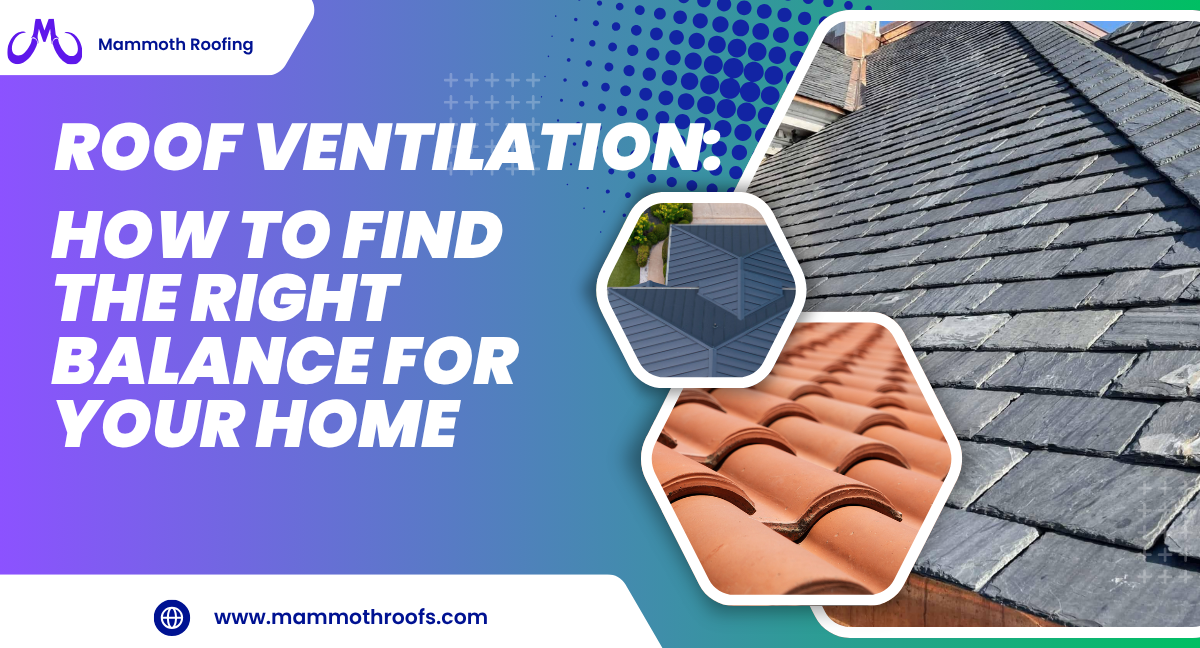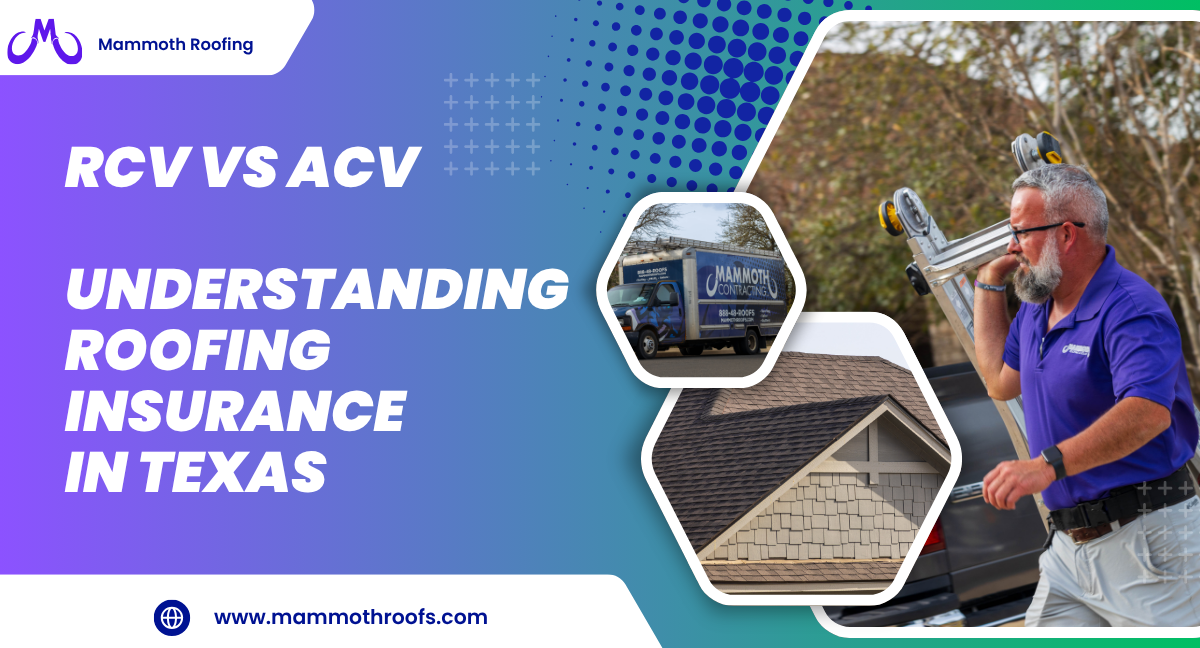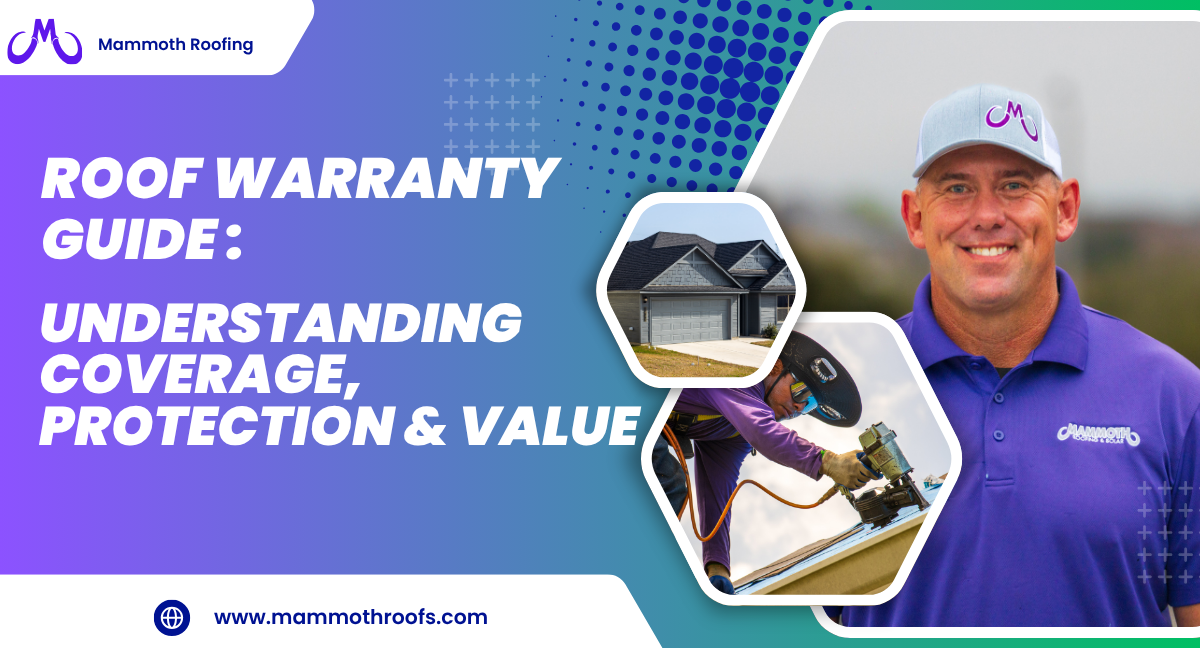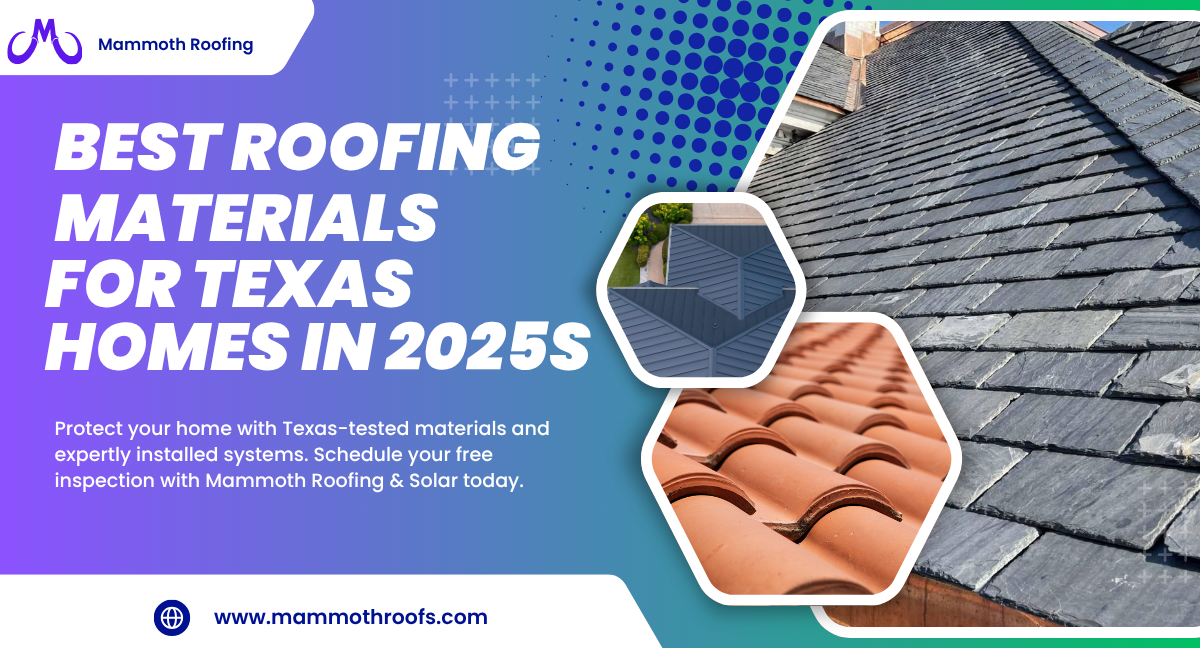A roof warranty protects one of your home’s biggest investments, your roof. At Mammoth Roofing & Solar, we help homeowners understand what their warranty covers, how long it lasts, and what steps ensure continued protection. Not all roof warranties are the same, so knowing the details can save you money and stress over the life of your roof.
Table of Contents
ToggleWhat Is a Roof Warranty?
A roof warranty is a written guarantee that your roofing materials and installation will perform as expected. It safeguards you against product defects or workmanship errors. Depending on your roofing system and contractor, you may have one or more types of warranty coverage.
Types of Roof Warranties
1. Manufacturer’s Roof Warranty
This covers defects in roofing materials such as shingles, underlayment, or panels. If materials fail due to manufacturing issues, the manufacturer replaces them.
2. Workmanship Roof Warranty
Provided by your roofing contractor, this warranty protects you from leaks or failures caused by improper installation.
3. Extended Roof Warranty
Some manufacturers offer extended or comprehensive warranties that include both material and labor costs, providing full roof system protection.
(Source: National Roofing Contractors Association)
What a Roof Warranty Covers
Typical roof warranty coverage includes:
-
Material Defects Replacement of defective roofing products.
-
Wind Resistance Coverage for wind damage up to rated limits.
-
Algae or Staining Some shingles include coverage against discoloration.
-
Workmanship Errors Repairs due to installation mistakes.
Fact: The Asphalt Roofing Manufacturers Association reports that asphalt shingle warranties often last 20–50 years depending on the product and installation quality.
What a Roof Warranty Does Not Cover
Even the best warranties have exclusions. Common limits include:
-
Improper Installation by unlicensed contractors.
-
Neglected Maintenance such as skipped inspections.
-
Severe Weather or Natural Disasters.
-
Unauthorized Additions like skylights or solar panels without approval.
-
Normal Aging and gradual wear.
(Source: HomeAdvisor Roofing Warranty Guide)
How to Keep Your Roof Warranty Valid
Follow these steps to protect your roof warranty and avoid claim denials:
-
Hire Certified Roofing Contractors. Use licensed, manufacturer-approved professionals.
-
Schedule Regular Roof Inspections. Annual checkups document roof condition.
-
Repair Quickly. Address leaks and damage immediately.
-
Follow Manufacturer Guidelines. Always comply with care and maintenance requirements.
Fact: Some manufacturers require homeowners to register their roof warranty after installation to activate coverage.
Should You Buy an Extended Roof Warranty?
Consider investing in extended coverage if:
-
You live in areas with hail or strong winds.
-
Your roof uses premium materials such as metal or tile.
-
You plan to stay in your home long term.
(Source: Roofing Contractors Association of Texas)
Why Understanding Your Roof Warranty Matters
At Mammoth Roofing & Solar, we believe informed homeowners make better decisions. Understanding your roof warranty helps you prevent costly mistakes and ensure long-term performance.
Before signing any roofing contract, review the warranty carefully and ask questions about maintenance, coverage limits, and transfer options.







